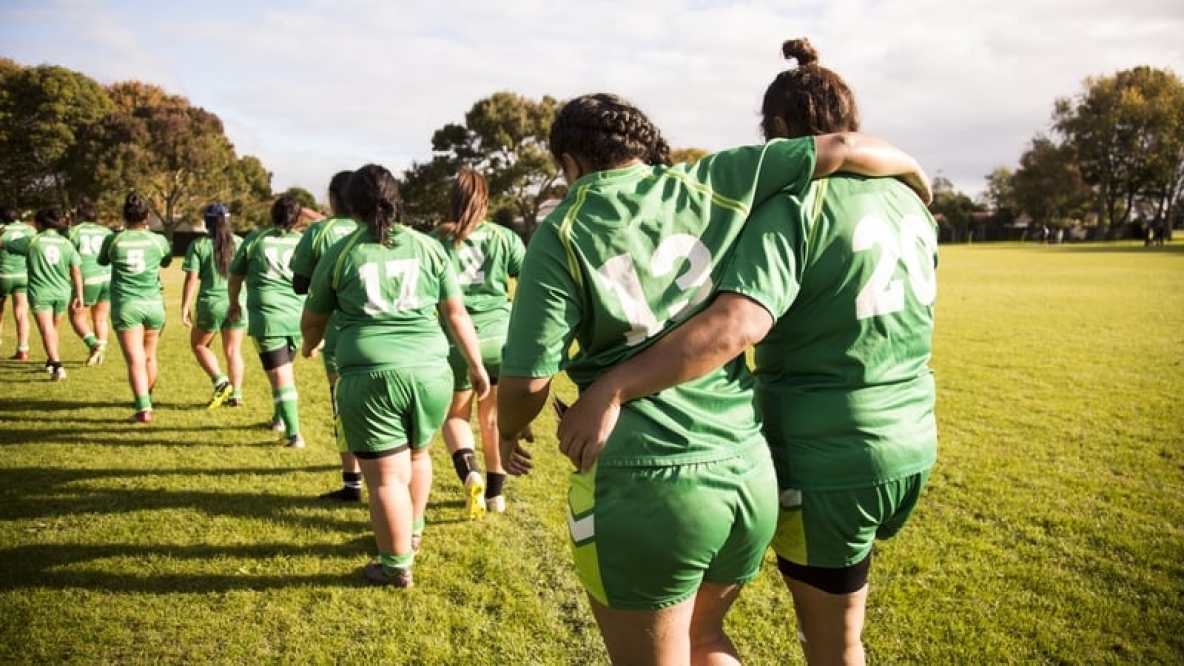

Analysis: by tracking how, where and when injuries happen, we can reduce the risk of injury for Irish school and amateur rugby players
Injuries in sport can impact negatively on performance since athletes and players can miss valuable training sessions because of an injury. Sporting organisations seek to understand the injury incidence and profile of their players so that they can address any risk of injury through appropriate interventions and strategies. To this end the IRFU began a collaboration with the University of Limerick in 2016 to develop an electronic injury surveillance system for the amateur adults and school game in Ireland. Prior to this it was unknown what the real risk of injury was within both of these cohorts.
The research team in UL is made of PhD students and academics from various disciplines such as strength and conditioning, biomechanics, statistics and physiotherapy. The aim of this long-term project, which is in place until at least 2030, is to enhance the health and welfare of Irish amateur rugby players. This is an innovative project which stemmed from the IRFU and is the first project globally to investigate injury trends in the senior women's amateur game. Currently there are 27 amateur clubs (excess of 1,000 players) and 15 schools (excess of 400 players) engaged in the Irish Rugby Injury Surveillance (IRIS) project.
The system developed to log injuries is an online system. In each club or school there is a medically trained injury recorder who each week logs any injuries that have been sustained by the players. They input valuable information related to the injury, such as the body location of the injury, injury type, and how the injury occurred. This allows the project team to understand factors related to the severity of the injury and the prevalence of different injury types and mechanisms.
From RTÉ Radio 1's This Week, UL's Dr Tom Comyns on research into concussions and why World Rugby has changed its tackling rules
What has been the benefit of this?
The main outcome has been the establishment of an accurate injury profile for schoolboy players and male and female amateur adult rugby players in Ireland. No longer is the situation where we are estimating what the real injury incidence is within our amateur players. We now have clear direction on what the situation is and how it compares with other similar cohorts internationally. This information is published annually by the IRFU and IRIS and numerous academic publications have arisen from this work. The IRFU and World Rugby also use the data to guide their decisions and committees. For example, the IRFU are currently using the data to guide their planning and decisions regarding the tackle height in the amateur game.
One of the key outcomes of the project so far has been the development of an injury prevention programme, which is called the ENGAGE programme. The content of this programme is directly informed by the IRIS project and aims to enhance rugby performance and reduce the risk of injury. Specifically, the programme was designed to address the most frequent injury location areas evident from the IRIS surveillance data, for example hamstring, shoulder and ankle.
The programme is designed to be carried out at least twice a week integrated into rugby pitch sessions and consists of 3 phases, which are called Readiness, Robustness and Performance. The Readiness phase includes dynamic movements, such as jogging and skipping, that aim to initiate the warm-up process. Exercises, such as ankle strengthening exercises, that target the frequent injury location areas identified in the IRIS data make up the Robustness phase. Finally, the Performance phase includes activities from the game, such as contact drills and sprinting, to ensure that the players are ready for rugby specific activities.
Read more: From ankle to tackle, the A to Z of injuries in amateur rugby
The programme, which was also developed after consultation with rugby coaches, players, support staff and IRFU staff takes approximately 20 minutes to complete. Research has been undertaken in IRIS that has examined the feasibility and effectiveness of the programme in the amateur game and the results will be forthcoming over the coming months. IRIS is developing a coach education programme aligned to the ENGAGE programme that will be rolled out within school rugby over the coming year. The aim of this is to enhance coaches’ ability to effectively support the implementation of the ENGAGE programme within their underage player settings.
Read more: How do rugby injuries compare between male and female players?
Looking ahead the IRIS project aims to be a prominent leader in injury surveillance and prevention in the amateur game internationally. The project will expand over the coming years with a focus for example on the women’s game, and it is hoped that the data garnered from this work will contribute to enhancing the health and welfare of amateur players in Ireland.
https://www.rte.ie/brainstorm/2023/0517/1383974-irish-rugby-injury-surv…